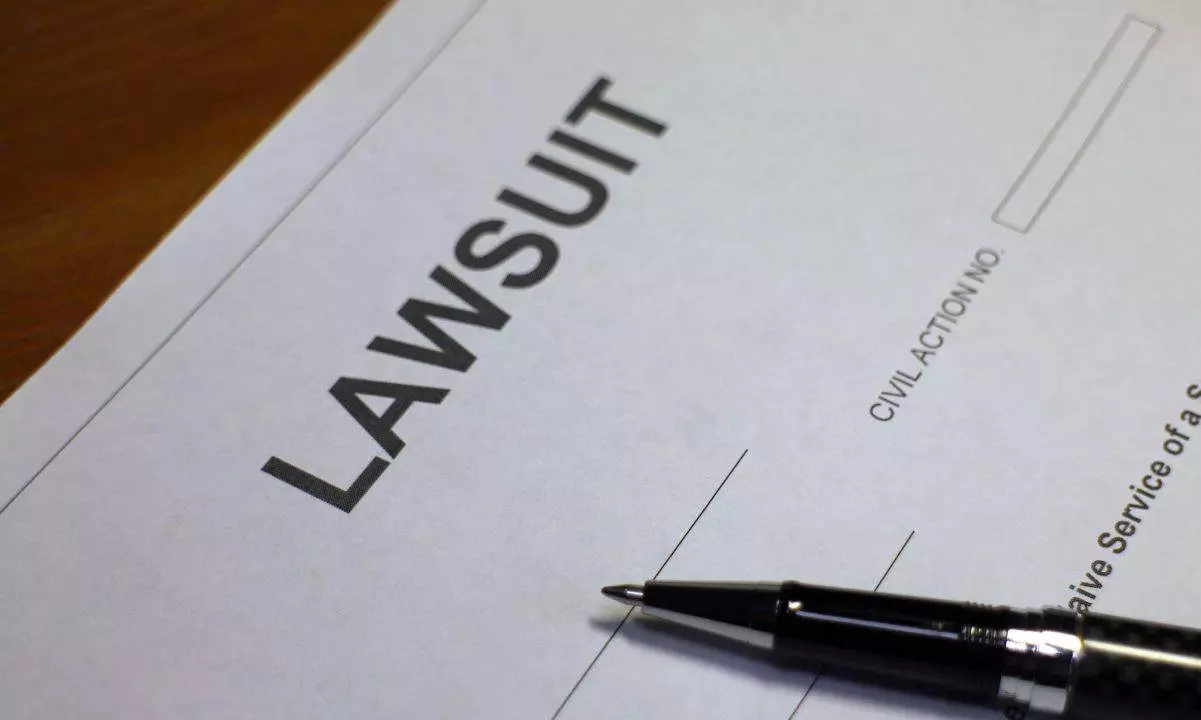In recent months, the proliferation of meme coins—particularly those not grounded in legitimate organizational support—has sparked a significant backlash from established legal entities. The controversy surrounding the Solana-based meme coin creation platform PumpFun exemplifies this chaotic frontier where cryptocurrencies intersect with intellectual property rights. Notably, two prominent law firms, Burwick Law and Wolf Popper LLP, have taken a firm stand against PumpFun, issuing a cease-and-desist letter that underscores the importance of ethical responsibility in the burgeoning cryptocurrency space.
The dual law firms claim that PumpFun has unlawfully deployed the Dogshit2 token, along with other questionable cryptocurrencies, on the Solana blockchain without the necessary licensing rights to use the firms’ names or likenesses. The allegations suggest that PumpFun has attempted to mislead investors by associating these tokens with the brands of the law firms, thereby masquerading as legitimate entities. This manipulation raises critical ethical and legal questions about the sustainability of such platforms and their potential to exploit unsuspecting investors.
In their official statement, both Burwick Law and Wolf Popper LLP emphatically denied any connection to the Dogshit2 token, stressing they do not endorse or own any such cryptocurrency. Their strong words, which include a warning of immediate legal action if unauthorized use continues, signal an increasing willingness among legal firms to protect their brands fiercely in the unpredictable digital landscape. The seeming disregard for trademark rights by cryptocurrency platforms could have far-reaching implications for both the firms involved and the cryptocurrency market at large.
The law firms have also raised alarms about the potential financial and legal ramifications of investing in the Dogshit2 token. They describe the promotional activities surrounding this token as resembling a high-risk pump-and-dump scheme, where the price of the asset is artificially inflated before a sudden collapse, leaving investors to bear the financial brunt. By warning the public, Burwick Law and Wolf Popper LLP are not only advocating for investor awareness but are also indicating the need for regulatory measures in a largely unregulated market.
Beyond the direct consequences for investors, the situation reflects a troubling trend in how blockchain technology can be manipulated. The law firms alleged that PumpFun’s actions represent a broader strategy to provoke and intimidate ongoing litigation, a tactic that could undermine legal proceedings related to cryptocurrency.
The legal landscape surrounding these developments is complicated. Burwick Law’s prior class-action lawsuit against Baton Corporation, the operator behind PumpFun, further emphasizes the escalating conflict. With claims of unregistered securities and aggressive marketing strategies that raised approximately $500 million, the framing of these legal actions suggests a concerted effort by legal entities to take back control from the hands of rash crypto operators.
The case matters because it signifies a broader legal reckoning for meme coins and similar digital assets that may lack adequate regulatory oversight. With numerous investors allegedly facing substantial losses, Burwick Law and their allies are intent on holding these companies accountable, seeking damages and refunds as well as coverage of litigation costs. Their assertive approach may encourage other law firms and aggrieved investors to challenge similar operations.
As the digital currency market continues to evolve, the intersection of law and cryptocurrency remains an area of acute focus. Max Burwick, founder of Burwick Law, has likened platforms like PumpFun to sophisticated multi-level marketing schemes, reflective of a predatory practice that capitalizes on the anxieties and aspirations surrounding wealth creation through digital currencies.
The ongoing discourse on the legality and ethicality of meme coins like Dogshit2 represents a critical moment for investors and the crypto ecosystem. As more legal actions unfold, it is evident that profound changes may be necessary to establish a framework that protects both consumer interests and intellectual property rights, fostering a more legitimate market for those seeking to explore the innovations cryptocurrency has to offer.
The confrontation between Burwick Law, Wolf Popper LLP, and PumpFun serves as a cautionary tale. Investors are urged to act prudently and critically assess the legitimacy of nascent tokens before engaging in what could lead to significant financial losses. The emergence of legal challenges like these is a necessary step towards creating a safer and more sustainable environment for cryptocurrency investment.

